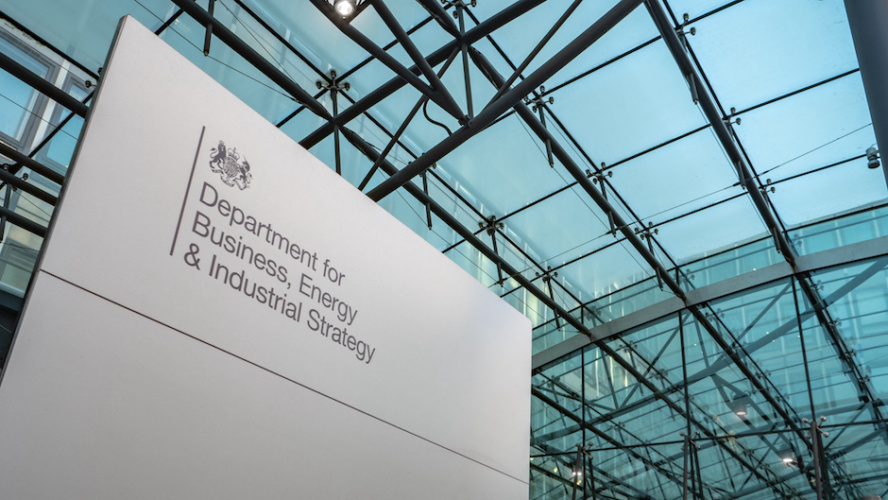
COREF (Connected Reconfigurable Factory) will see the creation of two open-access, digitally connected innovation laboratories in Crawley and Belfast. Focusing on Industry 4.0 ‘smart’ tools and processes, its aim is to help companies to affordably increase productivity and efficiency of their electronic systems design and assembly processes.
Planned to be accessible to the supply chain and the public through partner invitation, the facilities will focus on digital innovation in Crawley and manufacturing in Belfast. £10.4m will be invested into the project over three years, with £5.2m from the government grant matched by industry.
“COREF is a further extension to the innovation and technology eco-system that Thales is creating across the UK, and represents a real partnership between our Belfast and Crawley sites,” said Alex Cresswell, CEO of Thales UK.
Thales Alenia Space takes lead with Comet Interceptor
Thales technology to keep VIPER in contact with Earth
“We will work with SMEs and academia to maximise the value of COREF, supporting UK competitiveness, economic growth and revolutionising smart manufacturing through the application of cutting edge technology and tools to boost productivity.”
Throughout the project, 25 R&D jobs are expected to be created or safeguarded, plus up to 18 manufacturing-related jobs post-project. These will be spread across the UK but concentrated around Crawley and Belfast.
COREF was revealed to be one of five projects to receive funding from the government’s programme, which promised an investment of nearly £90m into aerospace manufacturing and the potential to create around 1400 jobs across the UK.
Other grant-winning projects include GKN Aerospace-led ASCEND, which aims to develop new lightweight composite technology for sustainable future solutions in the aerospace and automotive sectors; and Renishaw-led LAMDA, which will develop a 3D metal printing machine to mass produce smaller components for aircraft.




Comment: Brute force can not solve autonomy challenge
My brother has lost his licence in his forties due to an eye problem and he'd quite like a self driving car.